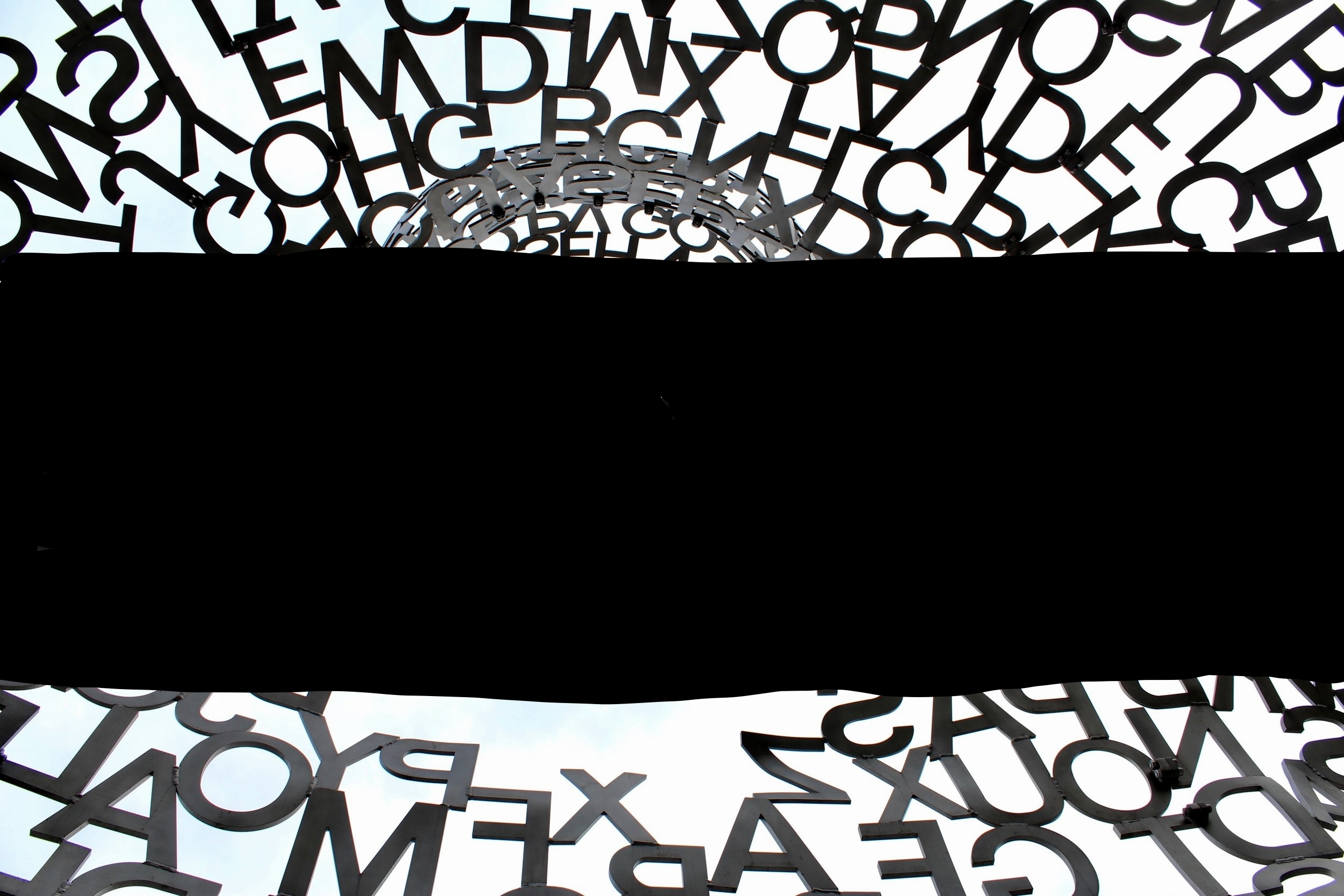Category: Language Ideologies
-

Why awareness of language ideologies is important
“Ideology” can be a dismissive turn people use to critique or undermine certain ideas or practices by contrasting this “ideology” with facts, or science, or reality. On the one hand, the dismissers are right—these are “just ideologies.” On the other hand, it’s also not the case that there is a reality free of ideologies. Ideologies…
-

Learning from African examples of translanguaging as a pedagogical and social practice
Translanguaging as a concept and translanguaging as a pedagogical practice are hot topics in the field of Applied Linguistics these days (or at least the circles I’m in). As I’ve written earlier on this blog, I find translanguaging pedagogy a compelling approach for language classrooms, including Teaching English Speakers Other Languages (my version of TESOL…
-

Bringing emotions and ideology into the MSA/dialects debate
The meme above seems to be making the rounds for everything these days, and the image above popped up in my Facebook feed the other day. I smiled, because it my experience it captures a common conundrum in Arabic teaching—we usually focus on Modern Standard Arabic, MSA, الفصحى in the classroom, much to the dismay…
-

Ideologies of Language and the Beginning Language Class: Part 2
Last week, I discussed several popular methods of organizing beginning language classes under the overarching critique of focusing on either decontextualized sets of language or prioritizing transactions over social relationships. This week, I’m focusing on what I am interested in implementing in my classroom, drawing from both functional theories of language and translanguaging pedagogy. Language…
-

Ideologies of Language and the Beginning Language Class: Part 1
Last week, I talked about how the language of social relationships is often overlooked in beginning language classes, and I think this is one reason students use English. As language teachers, I think we tend to view beginning language classes as the start of a language learning journey, or a step to more advanced classes…
-

Translanguaging Pedagogy: Recognizing social practices in the classroom
In my last post, I discussed some practices where I think translanguaging pedagogy simply gives us a new mindset on practices that already occur in the language classroom (or at least in my classroom). In this post, I want to focus on an area of the language classroom where I think we could be more…
-

Translanguaging Pedagogy in the Language Classroom: A New Mindset?
As is most likely clear from previous posts on nation-state ideologies of language and the multilingual turn, I find the latter a more appealing ideology for my language classroom, especially when combined with functional approaches to linguistics, that emphasize what learners do with language in actual contexts. Yet, as usual, the challenge for combining theory…
-
What is language? The Multilingual Turn and Translanguaging Pedagogy
The “Multilingual Turn” is a term used to critique the monolingual ideologies originating in the nation-state that have dominated research in Applied Linguistics and Second Language Acquisition in the U.S. Although multilingual ideologies of language have long existed in highly multilingual contexts, they have recently gained traction in critiques of the fields of Second Language…
-
What is language? Functional theories
Like formal theories of language, functional theories of language come from the field of linguistics, although this type of linguistics is less commonly found in the U.S.. The type of functional linguistics I am most familiar with is Systemic Functional Linguistics, based on the work of Michael Halliday, and practiced predominantly in Australia. While I…
-
What is language? Formal theories
The term formal theories of language usually refers to linguistic theories that stem from the work of Noam Chomsky on Universal Grammar, or the idea that there is an innate language mechanism in humans that allows us to learn and use language. These theories are are also referred to as generative grammar, and are prominent…